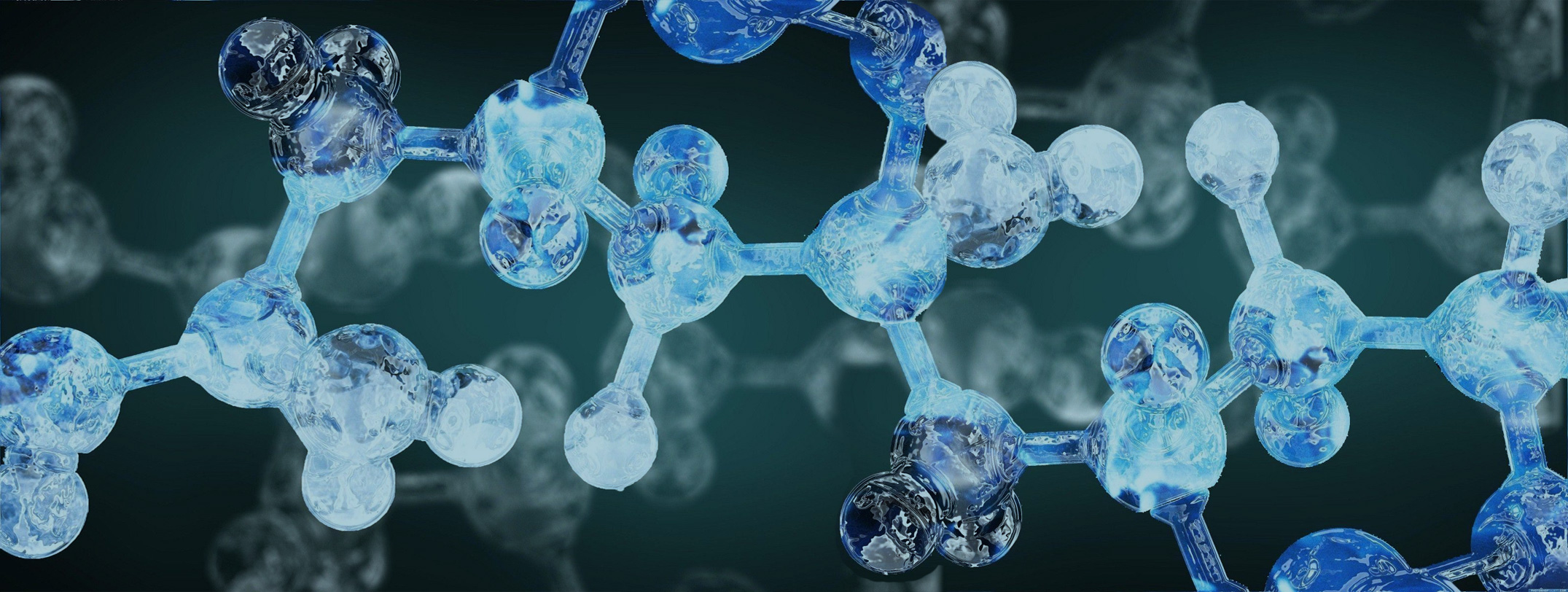
RUMI team demonstrates the power of our technology platform for high throughout unbiased screening against complex diseases, here applied to Huntington’s Disease
Organoids are carrying the promise of modeling complex disease phenotypes and serving as a powerful basis for unbiased drug screens, potentially offering a more efficient drug-discovery route. However, unsolved technical bottlenecks of reproducibility and scalability have prevented the discovery of new targets using organoids in screening schemes. Here, we present a method that overcomes these limitations by using deep-learning- driven analysis for phenotypic drug screens based on highly standardized micropattern-based neural organoids. This allows us to distinguish between disease and wild-type phenotypes in complex tissues with extremely high accuracy as well as quantify two predictors of drug success: efficacy and adverse effects. We applied our approach to Huntington’s disease (HD) and discovered that bromodomain inhibitors revert complex phenotypes induced by the HD mutation. This work demonstrates the power of combining machine learning with phenotypic drug screening and its successful application to reveal a potentially new druggable target for HD, and can be applied to many more disorders.
Link: https://www.cell.com/cell-reports-methods/fulltext/S2667-2375(22)00179-5





